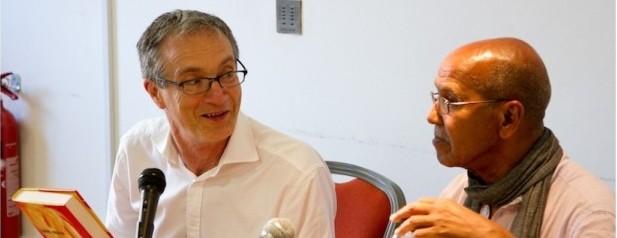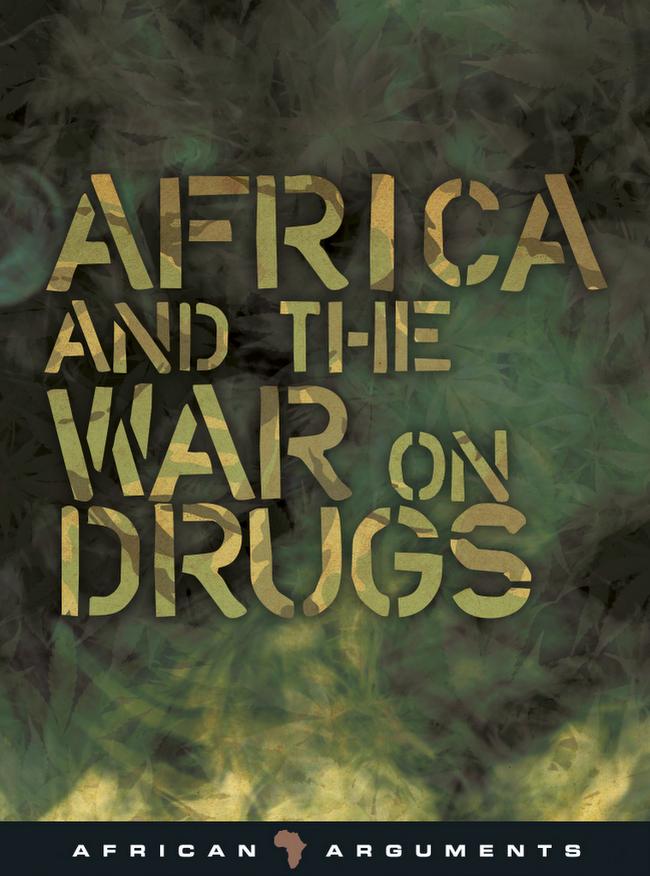Stability Threats in South Kordofan
The implementation of the CPA in Southern Kordofan has been subject to numerous delays in many different areas. The most significant delays have been around the formation of the state government and the passing of the state constitution. The lack of genuine integration between the NCP and the SPLM in the state government is the most important outstanding issue in the implementation of the CPA. The administration of former GOS- and SPLM-controlled areas remains separate, and two local government systems are in effect operating in parallel, with separate policies for education (two languages and two systems), health (varying payment systems, definitions of health facilities and of qualified personnel), judicial and policing systems and local government structures (payams and bomas rather than Localities and Administrative Units). The SPLM Secretariats in Kauda are not legally recognised and do not receive funds from the federal or state government, but they de facto set the policies for areas formerly under SPLM control. The lack of integration has fostered the progressive isolation of the former SPLM areas, which have become separate cantonments. Such separation is compounded by the lack of infrastructural support, such as improvement of the Kauda-Kadugli road which would have facilitated communication. Feelings of separation are also common amongst the Misseriyya, notably over the loss of their former regional capital of Western Kordofan, El Fula.
The current separation is a major obstacle to recovery. NCP state officials are unable to access former SPLM-controlled areas. Access is also impossible for technocrats from line ministries coming from government-controlled areas. Northern Sudanese staff from UN agencies and NGOs also continue to experience difficulties in operating in these areas. Trade movement from former SPLM- to former GOS-controlled areas is also reported to be suffering as merchants are stopped at SPLM checkpoints for revenue collection, effectively subjecting them to double taxation. The lack of integration is also preventing the adoption of new laws and the establishment of bodies such as the state Land Commission, which are essential to provide the policy framework for reintegration of returning IDPs and refugees and recovery.
More worryingly, the lack of genuine integration in the state government and emerging divisions within the SPLM in Southern Kordofan are allowing hardline groups to strengthen their presence in former SPLM controlled areas. These groups have exploited a widespread feeling of anger at community level at the lack of support by the international community. This is pervasive especially amongst the youth, who feel betrayed by the promises of support made in the aftermath of the CPA. Many are also resentful of the SPLM leadership in Kadugli for not being able to leverage resources to improve services in former SPLM areas. The pressure of the returnees (an estimated 600,000 throughout the region) has made the problem of the lack of services and infrastructure in these areas all the more acute.
In some quarters in the SPLM cantonments, SPLM officials who have joined the state government in Kadugli are seen as corrupt and unprincipled for having accepted to work with the NCP. Such officials are in a delicate position and some feel threatened by their own former companions. The SPLM in the state has suffered from a lack of leadership following the departure of the former SPLM Commander Abdel Aziz el Hilu. Nepotism is reported within the SPLM leadership, which is seen as favouring specific groups, for instance the Tima tribe of former Governor Ismail Khamis Jallaba, and marginalizing or denigrating former colleagues and supporters of Cdr. Abdel Aziz el-Hilu. Divisions along ethnic lines are starting to emerge within the SPLA. There is also increasing polarisation between Nuba people who supported the insurgency and Nuba people who lived in areas under government control during the war who are now being disparagingly referred to as “˜Jallaba’. These divisions could become significant destabilising factors.
A number of key events have the potential to trigger conflict in the medium term, despite the scepticism voiced by some on this blog. The most important ones are the elections and the prospect of popular consultation. Amongst the Nuba people, particularly in the SPLM cantonments, there is an expectation that if the elections are free and fair the outcome would produce victories for Nuba leaders. They have little awareness that demographic factors, different political alliances or other factors in the electoral campaign could lead to a victory by the NCP or other groups, such as the Misseriyya, the Hawazma or the Kawahla, who they consider aligned against their interests. Should this outcome materialise, many Nuba people feel that the only option for them would be to return to fight. Others believe that they could wait to express their views on the peace agreement through the process of “˜popular consultation’ envisaged in the CPA. But there is much confusion about the nature of such consultation in Southern Kordofan, with many believing that they will be voting in a referendum which, as in the South, allows them to vote on self-determination. Although it is clear to most that they will not be allowed to vote to join the South, it is a common belief that the process of popular consultation will allow people to create an autonomous state within Sudan. Such mistaken beliefs can create dangerous expectations which will be difficult to manage in the future.





